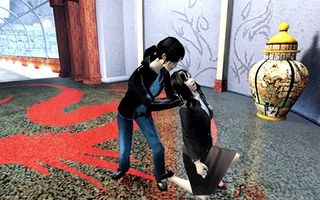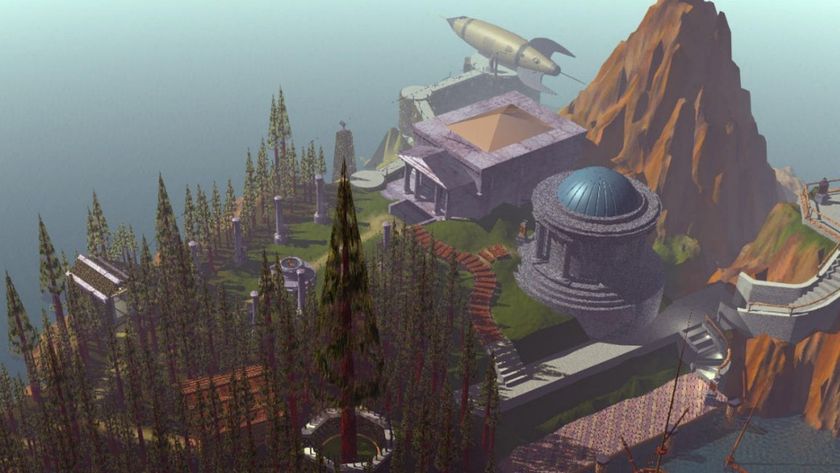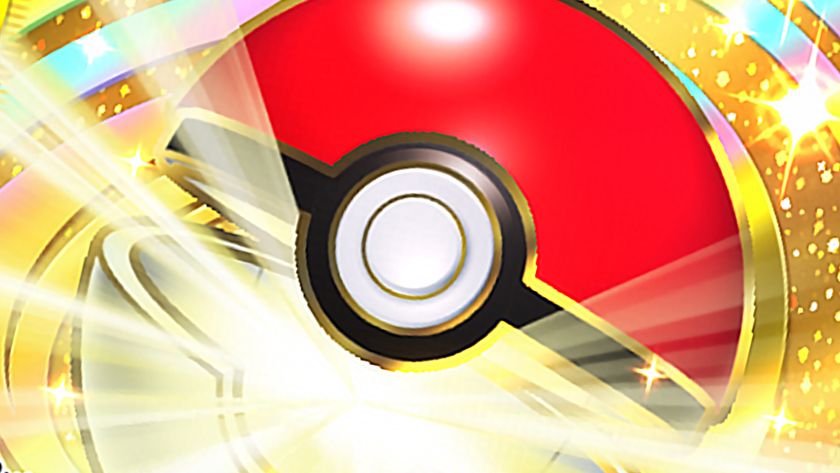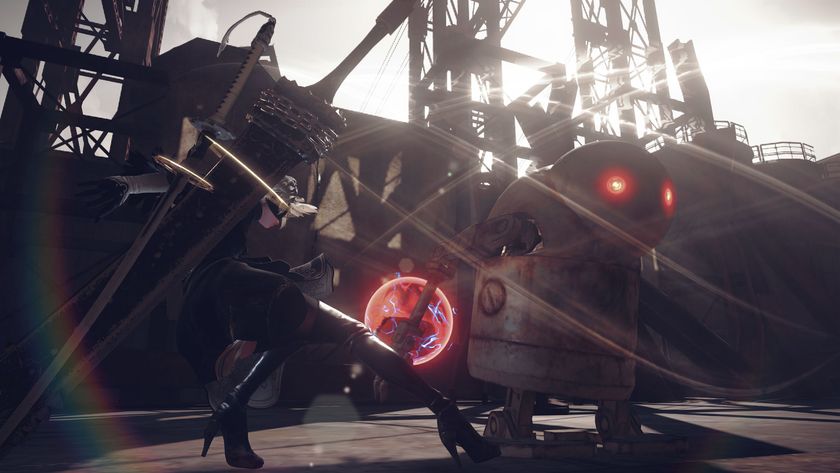Interview: Ladies' Man Ragnar Tornquist
Funcom's creative mastermind on why story matters, why faith is central to his characters, and why so many of them are women
With Conan coming soon, and The Secret World in development, what lessons have you learned from the last few years of Anarchy Online?
Ragnar: Ship a finished game! Make sure it's not broken. So people can actually log in and pay.
Hellgate: London has just learned that lesson.
Ragnar: Yeah, everyone seems to have to learn that lesson at least once. Actually, Anarchy Online now - we're past that whole thing. I think most people remember AO as a really polished, if niche game. But obviously where AO stumbled is it's a very hardcore game. That's fine you know. You're making it for people who are hardcore. World of Warcraft was a big eye-opener for everybody, seeing what potential the market has beyond the hardcore. And that's never been AO. I think that's our key lesson: to make it more approachable.
There seems to be an emphasis on storytelling in both Conan, and the hints you've given for The Secret World. Do you think that's something that's lacking in MMO's?
Ragnar: Yeah! Obviously it is because if you go to forums, people always do talk about story, in addition to the mechanics. People want it. I think World of Warcraft does a pretty good job of it. But it's not the key emphasis in that game. And we can debate the quality of that story: it is a comic book, cheesy fantasy universe. But I think it works. The conflict is established, and the relationships with the different races. I think from my perspective people who play games love stories, and hunger for storytelling, and I think MMO is a fantastic medium for telling really, really cool stories, but in both traditional ways and new ways.

You're often described as a storyteller, rather than a game developer. Is that fair?
Sign up to the GamesRadar+ Newsletter
Weekly digests, tales from the communities you love, and more
Ragnar: That's always been the case. When I was a kid, my parents would go and visit people, I'd hang out with the other kids and tell horror stories. That was my thing. And my parents got complaints from the other parents that I'd been telling these stories and everyone was shit-scared. So I always loved stories, and I always loved dark stories.
The Dreamfall story is a surprisingly dark one...
Ragnar: The greater commentary in Dreamfall was about one thing: it's about faith. Obviously it has commentary on the real world, in terms of occupation of one nation by another and justifying that. But faith was the whole package. April sacrificed so much in TLJ, and at the end realized she's not who she thought she would be. April was a strong person, but she was also immature. She was 18 years old, and to have something like that happen to you, and then be thrown back into normal life, and a normal life that has pretty much gone to hell. She has lost faith in herself, in her world, in her friends.
Our favourite character was Burns Flipper, the acerbic and extraordinarily rude backstreet technician.
Ragnar: He was a good example of why it was a good thing I didn't have someone standing over my shoulder while we made the game. You know, we had penises on display. I'm all for full-frontal male nudity. I like writing teenage girls, and also for full-frontal male nudity [laughs].
That's the opening quote right there.
Ragnar: TLJ began with the penis, and we tried to do the same in Dreamfall but the publishers said, "No, you can't do it. It won't get released in the US." I was thinking about sneaking it in, but I'm a more responsible person now.













